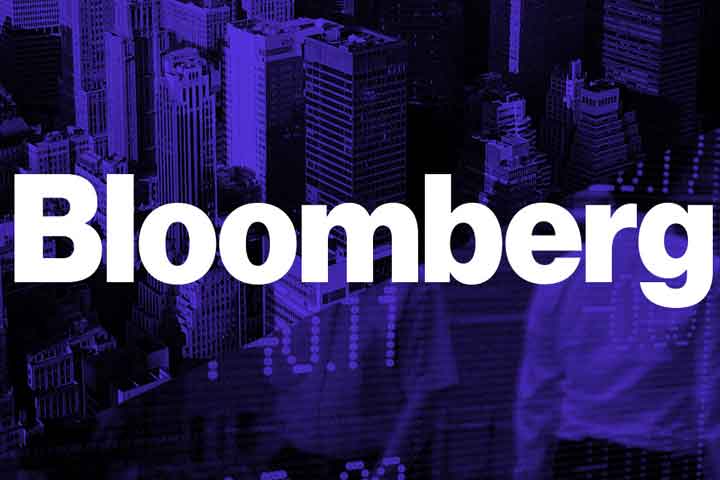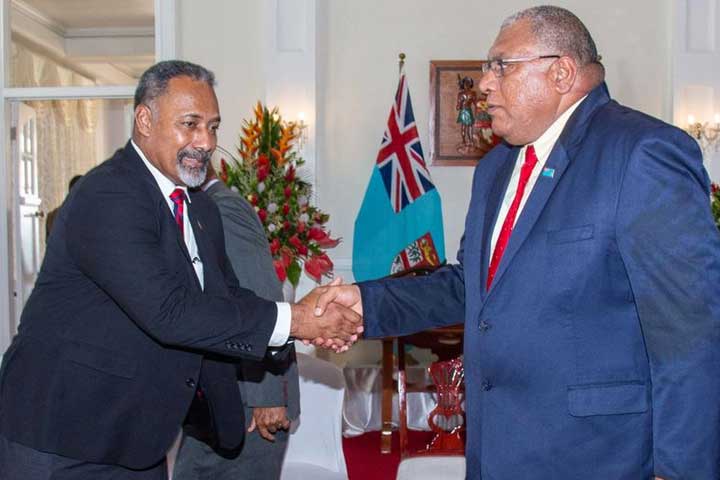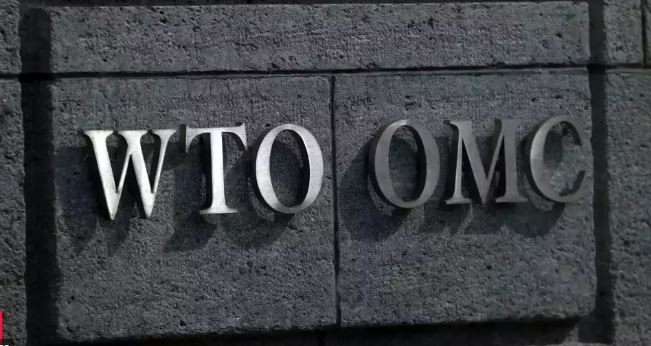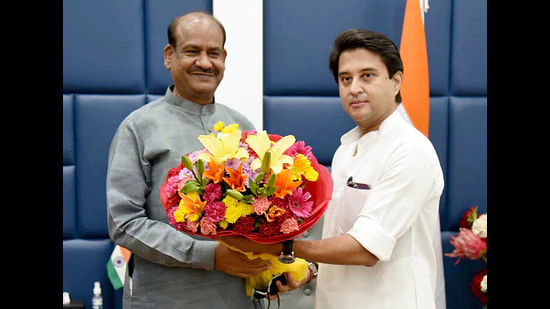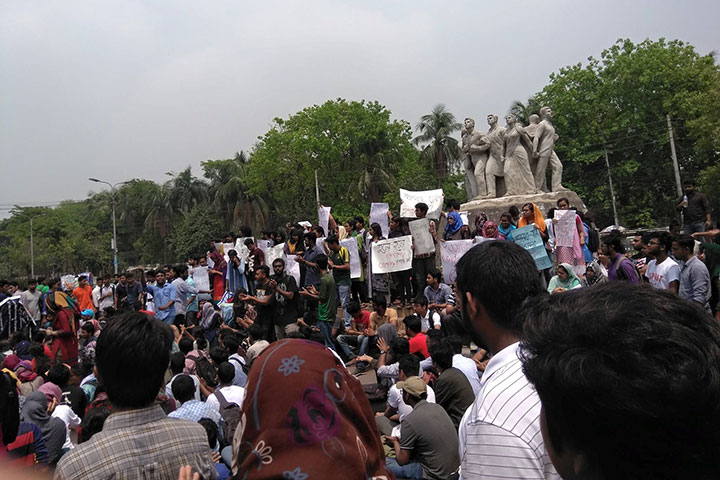50 new routes, 5 new airports in Scindia’s 100-day plan for reforms
International Desk, Rtv
Indian civil aviation minister Jyotiraditya Scindia unveiled on Thursday a 100-day ambitious plan to bring major reforms in the aviation sector, including operationalising five airports, six heliports and 50 new routes under the regional connectivity UDAN scheme. Out of the 50 new routes, at least 30 will be operationalised by October 2021, he added.
“We have a 100-day plan for the ministry on the basis of which we’ll be answerable to the stakeholders transparently. Under this 100-day target, we have three main foundations: infrastructure, policy targets and reforms initiative,” Scindia said at a press conference, adding that the scheme will continue till November 30.
Under the 100-day scheme, the airports are set to come up in Keshod (Gujarat), Deogarh (Jharkhand), Gondia(Maharashtra), Sindhudurg(Maharashtra), and Kushinagar(Uttar Pradesh), while heliports will be made operational in Sanjoli(Shimla), Sase (Manali), Mandi, Baddi (Himachal Pradesh), Haldwani, Almora (Uttarakhand), he added.
A grievance portal, AirSewa 3.0, will also be set up as part of the plan.
Scindia said airlines will now be responsible for ensuring that passengers get refunds within the promised timeframe, even if tickets are bought through travel agents or online portals.
At least four new airports will also be made operational over the next 100 days, he said. This includes the foundation stone laying of the Jewar Airport at Greater Noida; the inauguration of the ₹255-crore Kushinagar Airport, work will also begin on building another terminal building at Dehradun at a cost of ₹325 crore and work will also start on a new terminal building at Agartala Airport at a cost ₹490 crore.
The ministry also unveiled a new policy for Maintenance, Repair and Overhaul (MRO) activities. “There’s a complete ecosystem in civil aviation sector - with airlines, airport operators, we have MROs where maintenance, repair & overall is done, there are flying-training orgs, cargo sector, ground handling sector, aircraft manufacturing sector,” he said.
According to the proposed policy, upon the expiry of the existing contracts, the land which was given to these MROS shall be allotted, based on a bidding process. “The existing MRO would be eligible to participate in the bid. The existing MRO I would have the right of first refusal if his bid is within 15% of the bid given by the highest bidder, and he agrees to match the rates quoted by the highest bidder. Also the existing MRO shall settle all disputes and clear all the outstanding dues,” the policy stated.
Source: Hindustan Times
11 Sep 2021,13:03













 Live Tv
Live Tv
